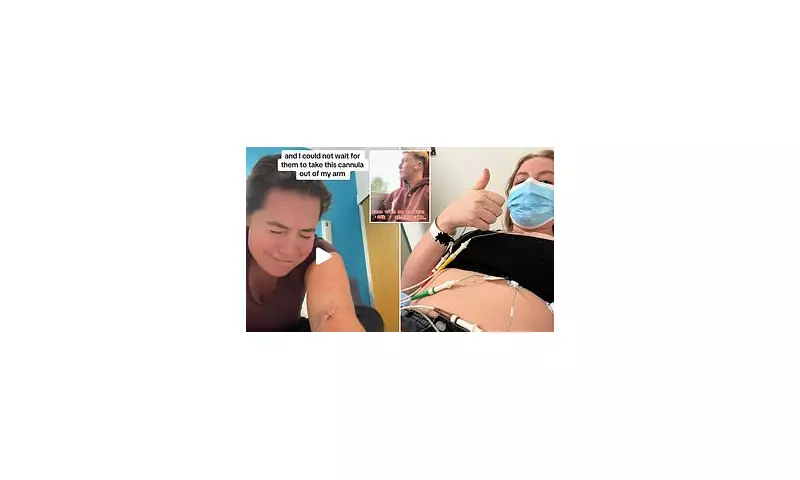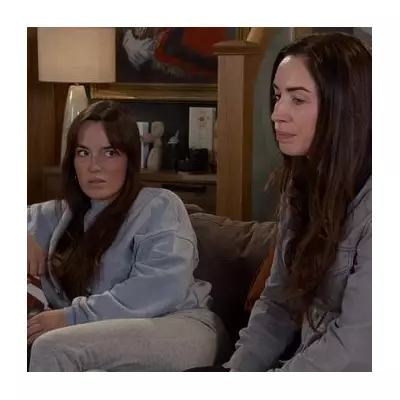
Would you accept £4,000 and free meals to be deliberately infected with the flu and confined for three weeks? That's the extraordinary proposition being offered to Britons as part of a new Netflix reality show, sparking a fierce ethical debate.
The project, orchestrated by a private clinical company, is recruiting healthy volunteers to be quarantined in a secure facility. Participants will be exposed to a influenza virus to study its effects, all while being filmed for the streaming giant's entertainment purposes.
The Lucrative Lockdown
The deal is certainly financially tempting. Successful applicants are promised:
- A £4,000 compensation package for their time and participation.
- All meals and accommodation provided for the full duration of the 17-day quarantine.
- All travel expenses to and from the facility covered.
A Storm of Ethical Concerns
The announcement has been met with significant alarm from medical ethics experts and the public alike. The primary concern is the blurring of lines between vital clinical research, which follows strict ethical protocols, and entertainment.
Critics argue that turning medical trials into a form of reality TV spectacle risks exploiting participants and trivialising serious scientific and health procedures. The fact that a major platform like Netflix is involved has amplified the controversy, raising questions about the responsibilities of entertainment corporations.
Public Reaction: A Mix of Intrigue and Alarm
On social media and online forums, the news has generated a divided response. Some see it as a unique and easy way to earn a significant sum of money. Others have expressed horror, labelling the concept 'dystopian' and questioning the long-term health implications for those involved.
The company behind the trials has defended the project, stating that all standard ethical and safety protocols for clinical research will be strictly followed. However, the addition of television cameras for a global audience adds an unprecedented and controversial layer to a typically confidential scientific process.
As casting for the show continues, the debate over the ethics of monetising and televising human medical experiences is only just beginning.





